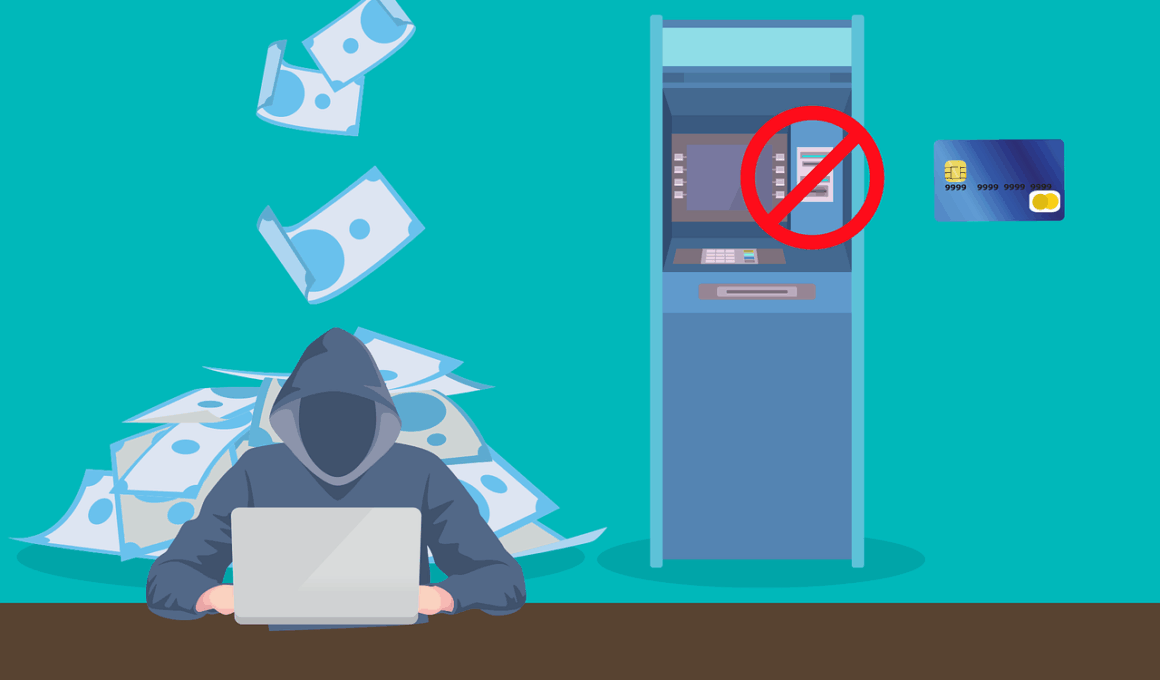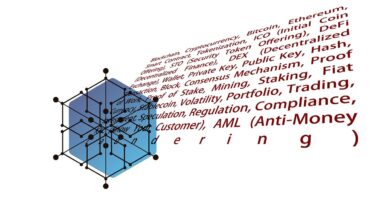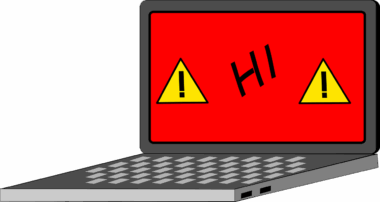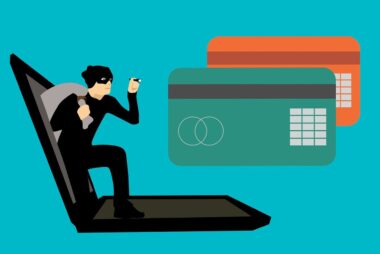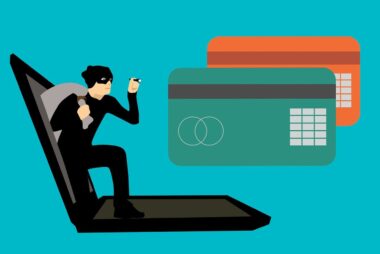Top 10 Credit Fraud Schemes and How to Detect Them
In today’s rapidly evolving financial landscape, credit fraud schemes have become increasingly sophisticated and prevalent. Understanding these schemes is crucial for individuals and organizations alike. The first on this list is account takeover fraud, where a thief gains access to a victim’s account, often using stolen personal information. By monitoring account statements and promptly reporting any strange activity, consumers can mitigate risks. The second scheme is phishing, where fraudsters impersonate legitimate organizations through emails or texts. Always verify the sender’s identity and avoid clicking links from unknown sources. Identity theft ranks third; criminals use stolen identities to open credit accounts. Utilizing credit monitoring services is essential for early detection. Fourth, we see loan fraud, which often involves fraudulent documentation to obtain loans. Institutions must implement strict verification processes. The fifth is credit card fraud, where thieves use stolen card details for unauthorized transactions. Regularly checking credit reports can help detect these discrepancies early. By remaining vigilant and educated about these common schemes, individuals can greatly reduce their risk of falling victim to credit fraud.
Moving on, the sixth is synthetic identity fraud, where criminals create fictitious identities by combining real and fake information. This can lead to substantial losses for financial institutions and can be tricky to detect. Business account fraud takes the seventh position; scammers target small businesses to open accounts in their name, often using fake documents. Business owners should regularly audit their accounts and authenticate any requests for sensitive data. Eighth is the friendly fraud, where a customer disputes a legitimate transaction, claiming it was unauthorized. Companies should train staff to manage disputes carefully and effectively. The ninth scheme is take-back fraud, where criminal groups make purchases using stolen card information but later claim that they didn’t receive the item, thus seeking refunds from the company. Challenging these disputes with evidence is vital for businesses. Lastly, the tenth fraud scheme is the advanced fee scam, where victims pay upfront fees for goods or services. Always verify the legitimacy of the seller before making any payments. Educating yourself and your staff on these schemes can create a significant defense against potential attempts at credit fraud.
How to Protect Yourself from Credit Fraud
No one is immune to credit fraud schemes, yet awareness and proactive measures can significantly reduce risks. Start by safeguarding personal information; never share social security numbers or banking details unless absolutely necessary. Consider using strong, unique passwords for online accounts and enabling two-factor authentication when available. Strengthening security measures can protect against unauthorized access. It is also wise to make regular checks on credit reports to track any suspicious activities or new accounts that might have been opened without consent. Immediately addressing any discrepancies can prevent further damage. Furthermore, consider enrolling in identity theft protection services that offer monitoring and assistance in case of fraudulent activity. Stay updated about the latest scams through credible sources, and educate family and friends about recognizing warning signs. Always use secure connections when accessing financial information, especially on public Wi-Fi networks, as these are often vulnerable to eavesdropping. Regularly updating software and antivirus programs adds another layer of security. Investing time in these preventive actions can help build a solid defense against the evolving landscape of credit fraud.
In addition to personal precautions, businesses must implement robust fraud prevention and detection strategies. Training employees to recognize fraud schemes is imperative, as they are often the first line of defense against fraud attempts. They should be well-versed in handling sensitive information and customer data securely. Adopting advanced technologies such as artificial intelligence to monitor transactions in real-time can also identify suspicious activities proactively. Businesses should establish clear protocols for reporting and addressing potential fraud cases as well. It’s crucial to collaborate with banks and credit card companies to develop effective fraud prevention measures. Implementing stringent identity verification processes for new accounts and transactions can significantly decrease risks. Partnering with cybersecurity firms for regular audits enhances overall security and helps identify vulnerabilities within the systems. Utilizing machine learning algorithms can help predict and prevent potential fraud based on historical patterns. As threats evolve, businesses must adapt and stay ahead of fraudulent tactics to protect their customers and their assets. Encouraging a culture of security within the organization further helps in deterring fraud and reassuring clients.
The Importance of Reporting Fraud
Reporting credit fraud cannot be overstated; it is crucial for both victims and the larger financial ecosystem. If you suspect that you have fallen victim to fraud, report it immediately to your bank or card provider to limit potential losses. Reporting also assists financial institutions in tracking fraud patterns, which can prevent future incidents for others. Many agencies, such as the Federal Trade Commission (FTC), offer resources for reporting identity theft and credit fraud. Engaging your local authorities can help establish legal action against fraudsters, contributing to a wider community effort to combat these schemes. Keeping documentation of any fraudulent activity encountered helps support your case and enhance chances of a successful resolution. Furthermore, informing credit bureaus can also freeze your accounts and stop further fraudulent transactions, safeguarding your financial integrity. It is also essential to stay in touch with local consumer protection agencies, as they provide valuable advice and resources for recovering from credit fraud. Victims should never feel embarrassed; reporting fraud is the first step in reclaiming control over personal finances and preventing it from happening again.
Staying informed about credit fraud schemes is not only beneficial for consumers but also for businesses that aim to protect their reputation and financial security. Using industry resources and continuing education practices can strengthen existing knowledge about emerging fraud trends. Regular audits and updating security measures ensure that businesses are equipped to deal with the latest fraud tactics. Forming partnerships with other organizations and law enforcement can expand shared resources, creating a united front against fraud. Sharing successful prevention strategies and case studies of fraud attempts can enhance awareness across the board. Engaging employees in discussions about fraud prevention fosters a comprehensive understanding of the importance of vigilance. Developing a transparent communication strategy that keeps clients informed about security measures can build trust and reassure them of their safety. As the digital landscape continues to change, so do the tactics of fraudsters. Partnerships with cybersecurity firms can prepare businesses for upcoming threats. Ongoing evaluation of existing security protocols will ensure that organizations are prepared to swiftly adapt. Remember, staying ahead is a collective effort that requires diligence and shared knowledge.
Conclusion: Empowering Yourself Against Fraud
In conclusion, awareness and proactive measures are essential in combating credit fraud schemes effectively. Every individual, organization, or business holds a shared responsibility to protect their financial information and keep up with evolving threats. The more educated we become about the tactics used by fraudsters, the better equipped we are to defend ourselves. Building strong security habits now can significantly pay off in the long run. Awareness, prompt action, diligent monitoring, and reporting fraud immediately creates a comprehensive approach to fighting these increasingly sophisticated schemes. Furthermore, promoting education about credit fraud and its prevention methods helps create a society that is difficult for fraudsters to exploit. By strengthening personal and corporate defenses against credit fraud, we foster an environment that prioritizes security and trust. Collaboration among individuals, businesses, law enforcement, and educational organizations is vital in achieving a unified front against credit fraud. Only through collective awareness and consistent action can we ensure that we and our communities remain protected from the devious tactics employed by fraudsters in today’s digital world.
Ultimately, staying vigilant, proactive, and informed can make a significant difference in the fight against credit fraud. Encourage discussions about the importance of credit management, as well as the latest fraud schemes, within your community and organization. The more we share information and strategies, the stronger our defenses will become. Collaboration with financial institutions to share insights and experiences can enhance collective security measures. As a society, we must ensure that everyone, especially the most vulnerable populations, understands the risks and preventive measures associated with credit fraud. Being aware of what constitutes unusual activity and taking action when necessary can mitigate risks greatly. Keep the lines of communication open with banks and credit providers to solicit help or advice whenever needed. Establishing social awareness campaigns can further spread important information about credit fraud schemes and their prevention. By working together, we can build a more secure financial environment where credit fraud cannot thrive. Education and vigilance are our best tools against fraud, leading towards safer financial futures for all.
